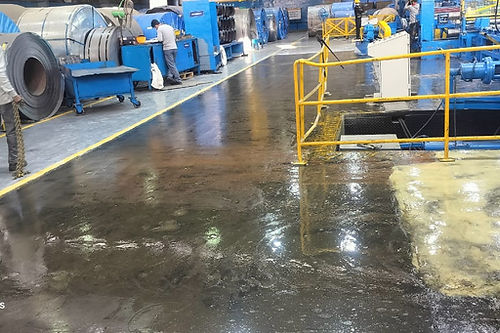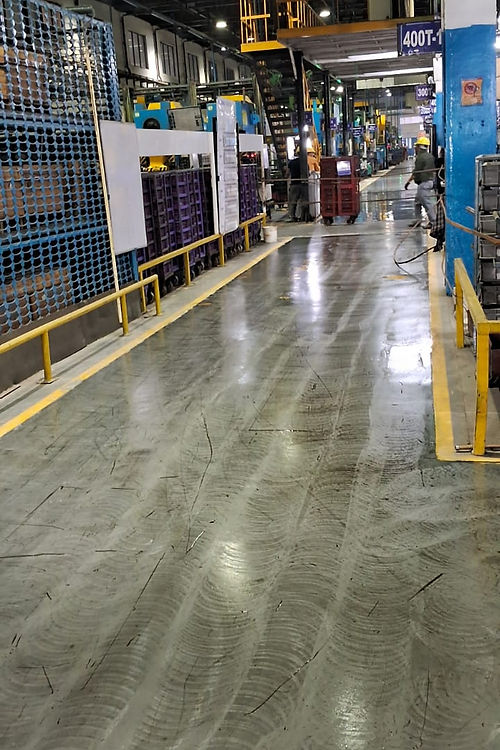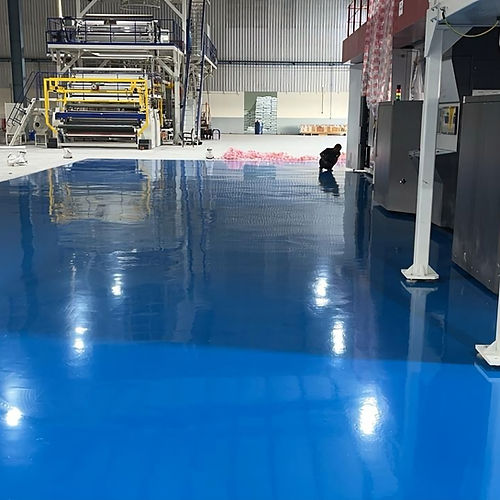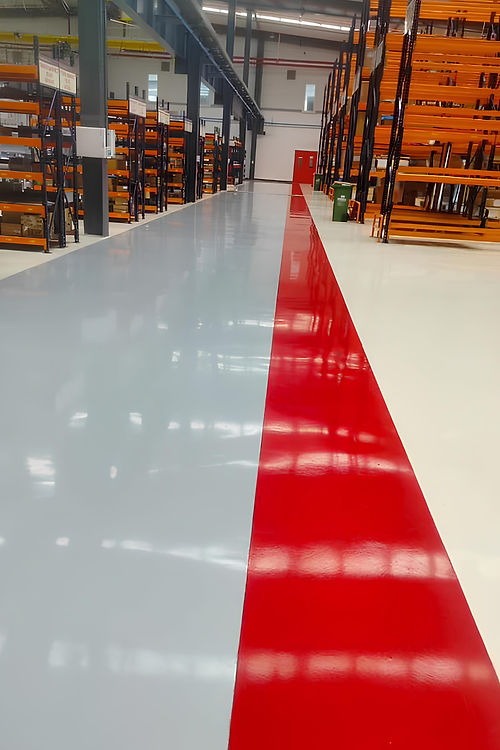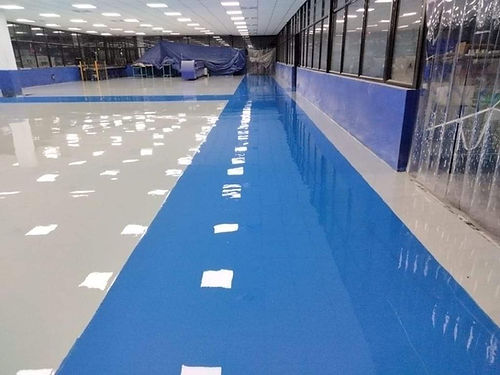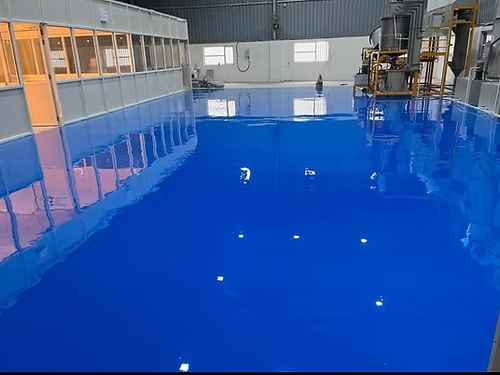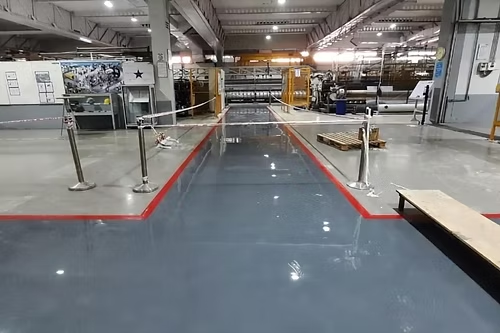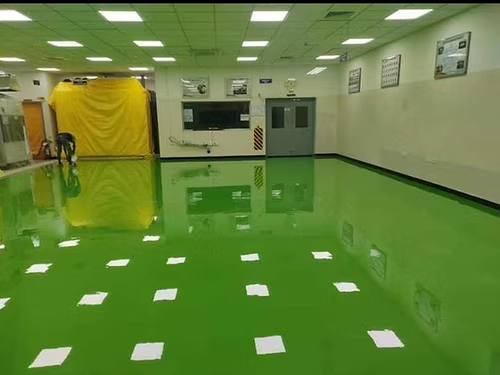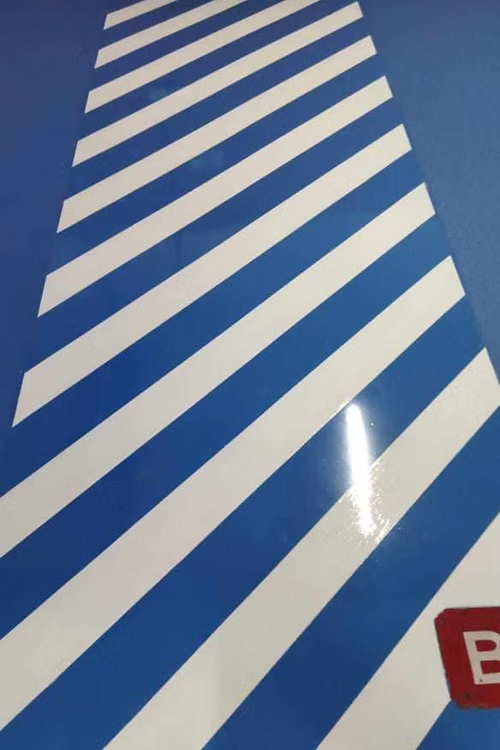Epoxy Flooring Solutions for Industrial & Commercial Use
At RachTR, we know you need flooring that stands up to industrial and commercial challenges—whether it’s heavy machinery, high traffic, or harsh weather environments. Our high-performance epoxy flooring solutions are designed for industrial, commercial, and residential applications. They provide a seamless, durable, and easy-to-maintain surface that supports your industrial needs every day.
We also offer Industrial epoxy flooring services to ensure you get the most reliable and durable flooring for your facility. If you're curious about epoxy flooring cost price, our team is ready to provide a customized quote based on your specific needs.
Why should you choose Epoxy Flooring?
- Built to Last: Handles heavy machinery and constant foot traffic.
- Effortless Maintenance: Seamless design reduces cleaning time.
- Chemical & Stain Resistance: Protects your investment.
- Tailored to Your Style: Choose from various colors and finishes.
- Quick Installation: Get back to work faster with long-term performance.
Our Epoxy Flooring Product Range
We provide specialized epoxy coatings tailored to different industry needs:
- Epoxy Self-Leveling Floors – Achieve a smooth, seamless surface that offers exceptional durability.
- Epoxy Anti-Slip Flooring – Enhance safety in high-traffic areas with slip-resistant surfaces.
- Epoxy Coatings for Heavy-Duty Use – Designed for demanding environments such as warehouses, factories, and parking lots.
- UV-Resistant Epoxy Floors – Ideal for outdoor and high-exposure areas, ensuring long-lasting protection and performance.
Epoxy Flooring Solutions for Diverse Industries
RachTR’s epoxy flooring solutions provide both reliability and aesthetic appeal to various industries, including:
- Manufacturing & Warehouses
- Pharmaceutical & Healthcare
- Food & Beverage Processing
- Automotive & Showrooms
- Electronics & Cleanrooms
- Commercial & Retail Spaces
Learn more about our industrial flooring solutions and discover how we can help create the perfect environment for your industrial and commercial needs.


